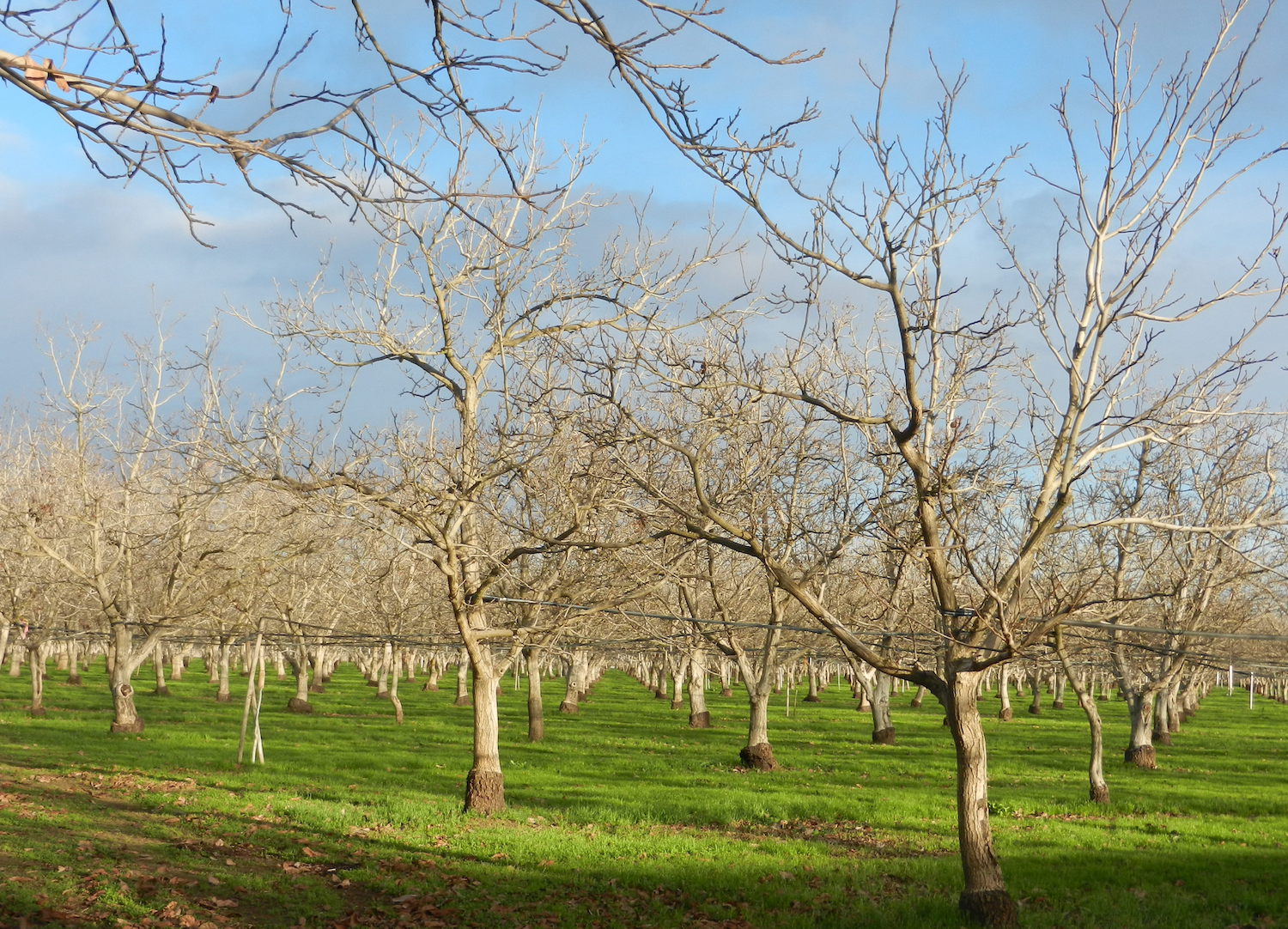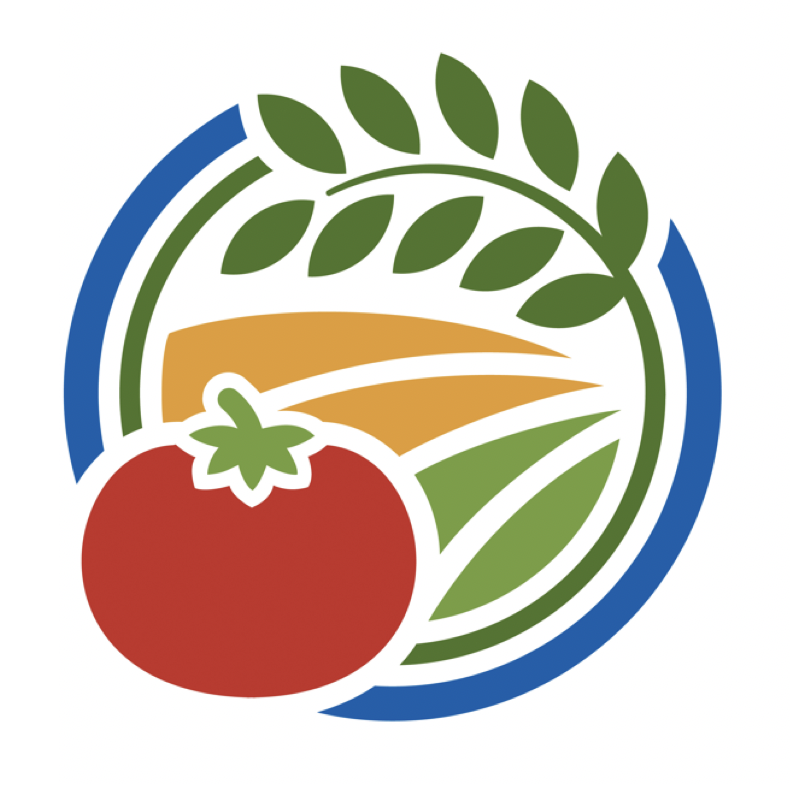Using LCA to evaluate the benefits and tradeoffs of organic production practices

Organic certification represents an important value-added prospect for farmers in California. Consumer interest in high quality produce grown sustainably and ethically continues to grow, in local, national, and global markets. A well-characterized set of practices designed to reduce agrochemical application and support soil and agroecosystem health provides the foundation of organic production. Biodiversity, soil health, carbon storage – all familiar terms to the organic grower. We seek to quantify benefits like these as well as any impact tradeoffs, to provide growers – certified organic or otherwise – with high quality information for marketing, management decisions, and access to programs supporting regenerative agriculture practices.
California Orchards
The orchard and vineyard landscapes of California both within and outside the Central Valley growing region are rich with opportunity for sustainable and regenerative practices, both within and separate from organic certification frameworks. Perennial crops require less frequent tillage, accumulate more biomass, and have the potential to support more biodiversity than most annual production systems. Organic practices can enhance these areas of benefit, but may come with environmental tradeoffs such as increased fuel consumption.

Supported by the California Department of Food and Agriculture Specialty Crop Block Grant Program (CDFA SCBGP), this project seeks to arm growers with information on the comparative benefits and environmental tradeoffs of individual organic practices and greenhouse gas and environmental footprints of their farms. This information can be used for marketing, decision making around practice adoption, and application for state and federal support for climate smart, healthy soil, and sustainable agriculture support programs.
No identifying information or specific location is ever shared or published without express permission! Grower privacy and data protection is extremely important for trust and productive partnership with growers and other industry stakeholders. Only regional aggregate results are published and presented.
Elias Marvinney – Project Scientist
(617) 721-9636
emarvinney@ucdavis.edu
